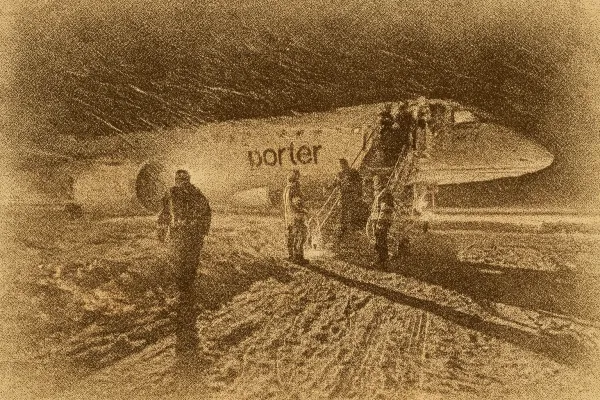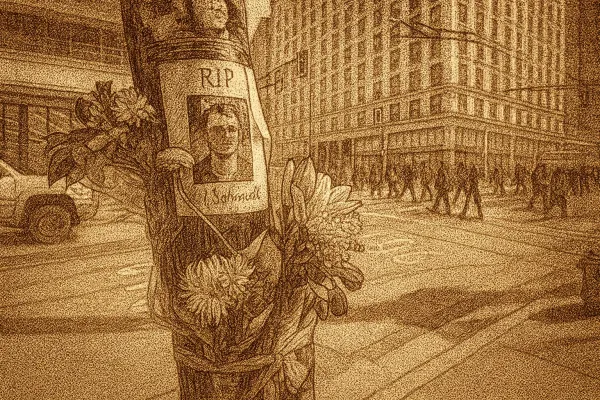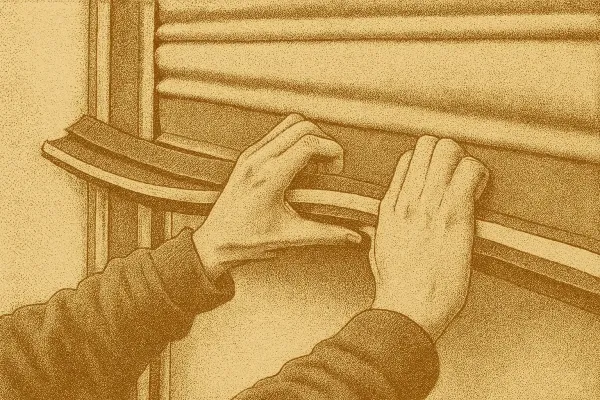Based on coverage from CTV and Global.
In a move that has sparked both support and skepticism, the Manitoba government has introduced a bill that could see intoxicated individuals detained for up to 72 hours, tripling the current limit of 24 hours. This proposed legislation specifically targets those under the influence of drugs like methamphetamines, notorious for their prolonged effects compared to alcohol.
Bernadette Smith, Manitoba's minister for housing, addictions, and homelessness, explained the rationale behind the bill. She emphasized that the extended detention period would give health-care professionals more time to stabilize individuals and connect them with addiction support services. "With this bill, health-care professionals can keep someone in protective care for 72 hours," Smith stated, highlighting the potential benefits for both individuals and the community.
Winnipeg police Chief Gene Bowers has thrown his weight behind the proposal, pointing out that intoxication-related calls are the most frequent for the police service. According to Bowers, the longer detention period could alleviate the strain on police resources and potentially reduce incidents of crime linked to meth use, including aggression towards officers.
However, the bill is not without its detractors. The Opposition Progressive Conservatives have raised concerns about the lack of clarity in the bill, particularly regarding where individuals would be detained. Opposition leader Obby Khan highlighted the ambiguity, suggesting that detention could occur in hospitals or supervised consumption sites, which might not be ideal given their respective environments. "These are valid concerns and questions that Manitobans have," Khan remarked, underscoring the need for more detailed provisions.
The bill also introduces a requirement for medical assessments every 24 hours during detention. This measure ensures that individuals are released as soon as they are no longer intoxicated or can be transferred to the care of a responsible adult. Notably, the bill stops short of mandating forced addiction treatment but does allow for involuntary medical examinations.
Organizations like the Main Street Project, which operates a holding facility for intoxicated individuals in Winnipeg, have voiced their opinions as well. They argue that if people are to be detained for longer periods, they should have access to mental health supports and withdrawal management, not just a holding cell.
The bill's fate remains uncertain, as it is yet to be passed into law, with the legislative session set to conclude in mid-November. As the debate continues, Manitobans are left to ponder the balance between public safety and individual rights, and whether this legislative approach is the right step forward in addressing the province's drug crisis.
In essence, this proposed legislation is a bold attempt to tackle a complex issue. While it promises potential benefits in terms of public safety and resource management, it also raises significant questions about implementation and individual rights. As the discussion unfolds, it will be crucial for all stakeholders to engage in a constructive dialogue to ensure that the final outcome serves the best interests of both individuals and the community at large.








